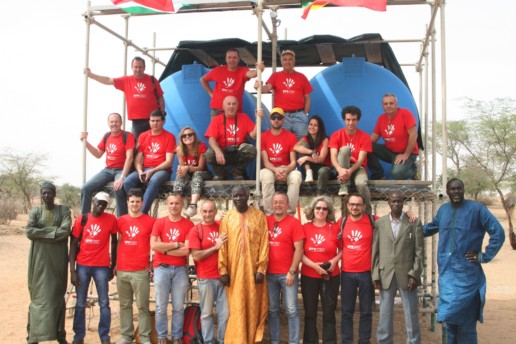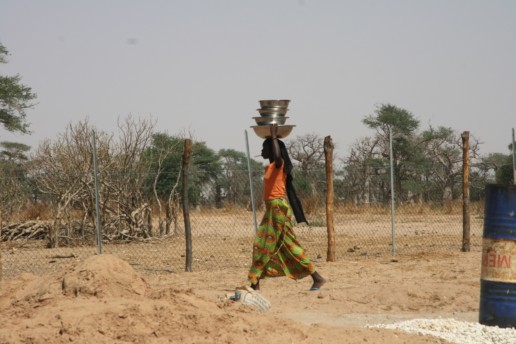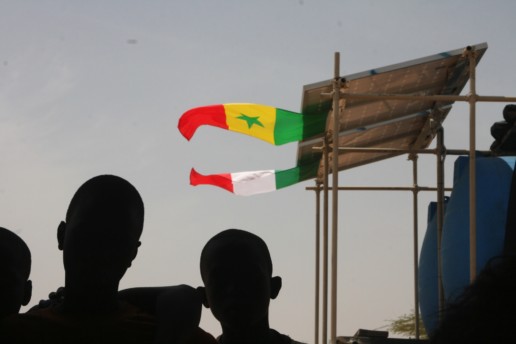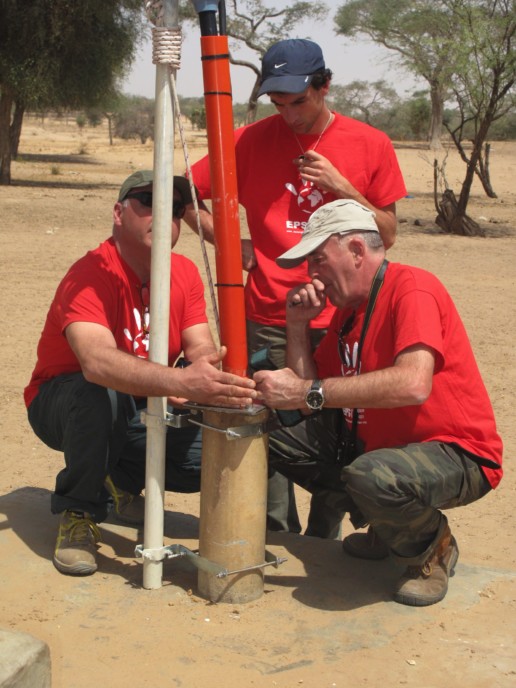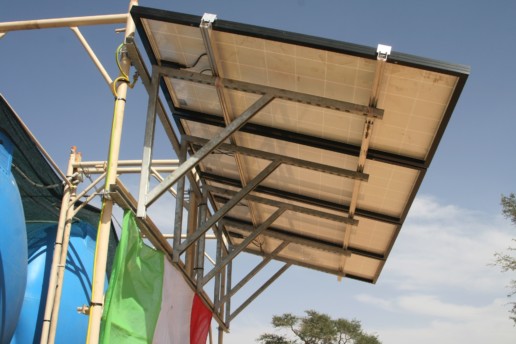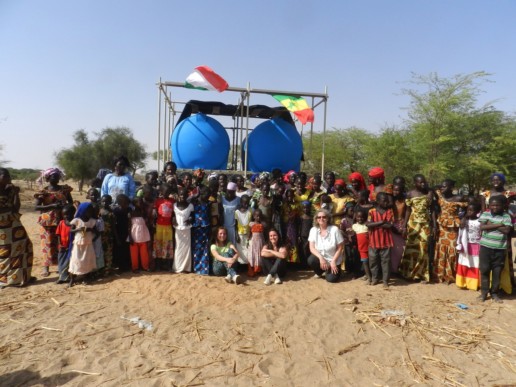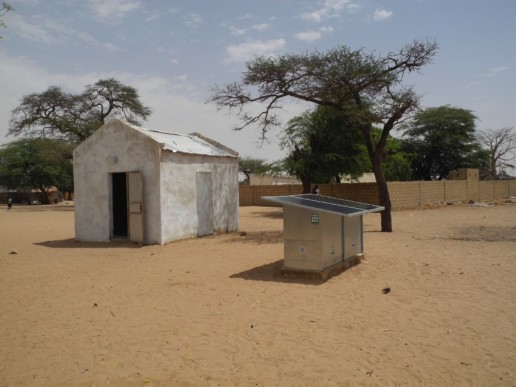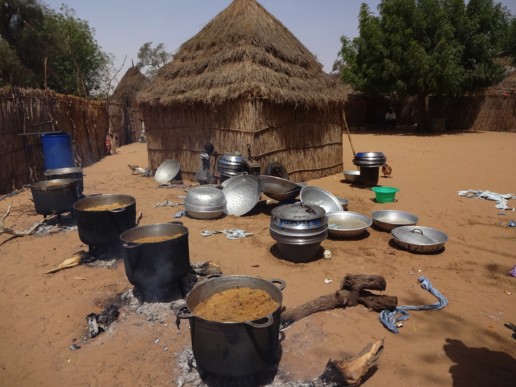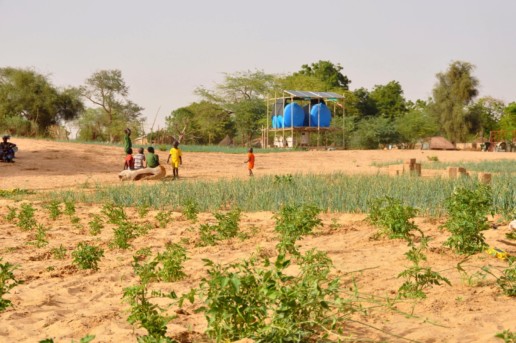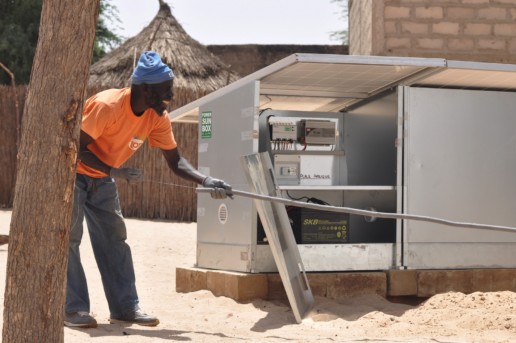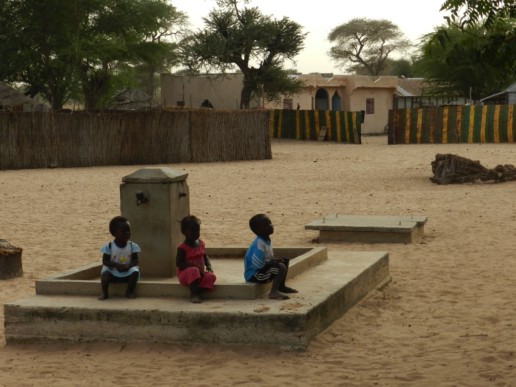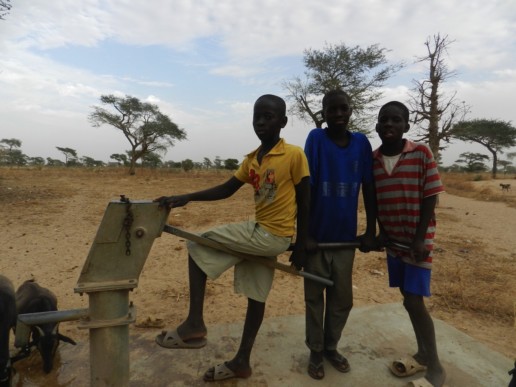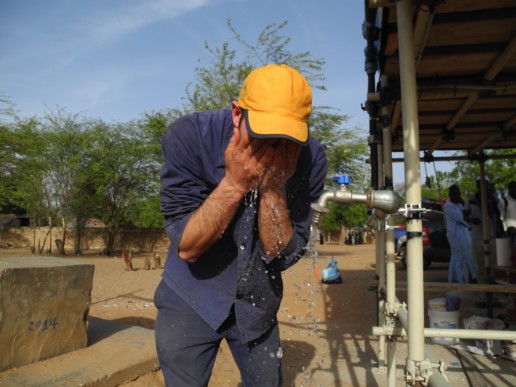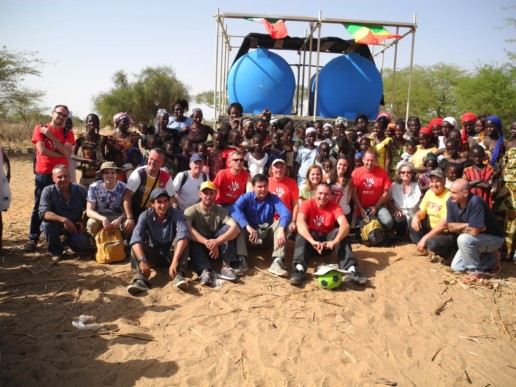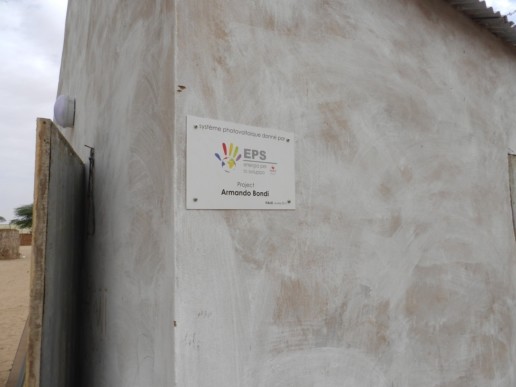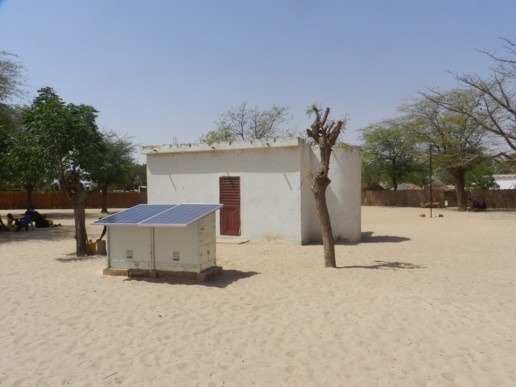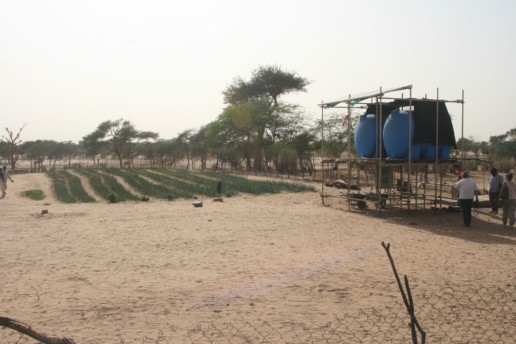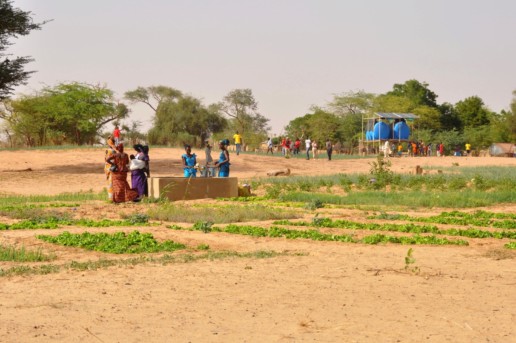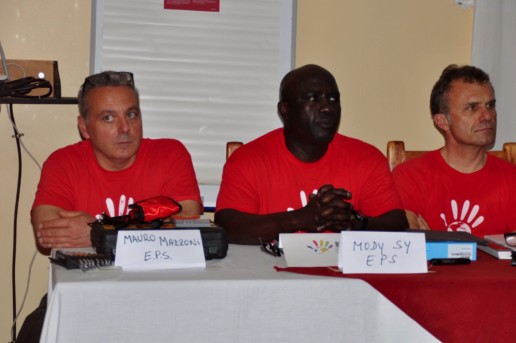Armando Bondi Project
From Words to Action
| Year: | 2014 – 2015 |
| Where: | Eleven rural villages in the municipality of Merina Dakhar, Senegal Bar Diai, Dalakh 2, Darou Thiam, Diocese Sathiam, Gouye Ndioro Babacar, Kane, Keulene, Loyene Mbar, Merina Thioune, Sine Macoumba, Tibar, Loucouck (Well construction) |
| Activities: | Installation of eleven photovoltaic plants to supply power for public streeghtlight. Electrification of an existing manual well, through photovoltaic. |
Armando, a genuine Milanese, joined the EPS group in Spring 2010, shortly after his foundation. Armando has been crucial for EPS, because of his long professional experience, as well as in the international cooperation. Armando taught many important instructions and notions, which have all been treasured to make the best of all the activities. He immediately became a friend and a milestone for EPS: as soon as the interventions of the first “Carlo Zangarelli” project were defined, Armando volunteered to build the photovoltaic plants in loco and to train a technician that could become the reference point in Senegal. Unfortunately, in the following years Armando fought with a terrible disease that he had to surrender in November 2013.
The project comprised the construction of eleven photovoltaic plants in eleven rural villages completely deprived of electricity. Through the usage of photovoltaic, EPS has also automated an unused manual well to increase water supply and allow crops’ cultivation.
Goals
The project had two main objectives: to implement eleven photovoltaic plants to supply public street lamps at the service of rural communities; as well as the electrification through PV of an existing manual well, unexploited because of poor extraction capacity. The well’s automation allowed the irrigation of a cultivable land.
Achievements
All the interventions planned have been constructed and welcomed with great enthusiasm by the local communities; as they could enjoy the benefits of having electricity in public spaces. The automated well now allows the extraction of about 10,000 liters of water to be used for the irrigation of 5,000 sq m cultivable land, designated to grow vegetables. All agricultural activities are entrusted to a community of women, specifically trained by a local partner agronomist, Lamine Diouf. It is their responsibility to decide on the most suitable crops, not only for subsistence, but also to be sold in the market and in new commercial channels.
